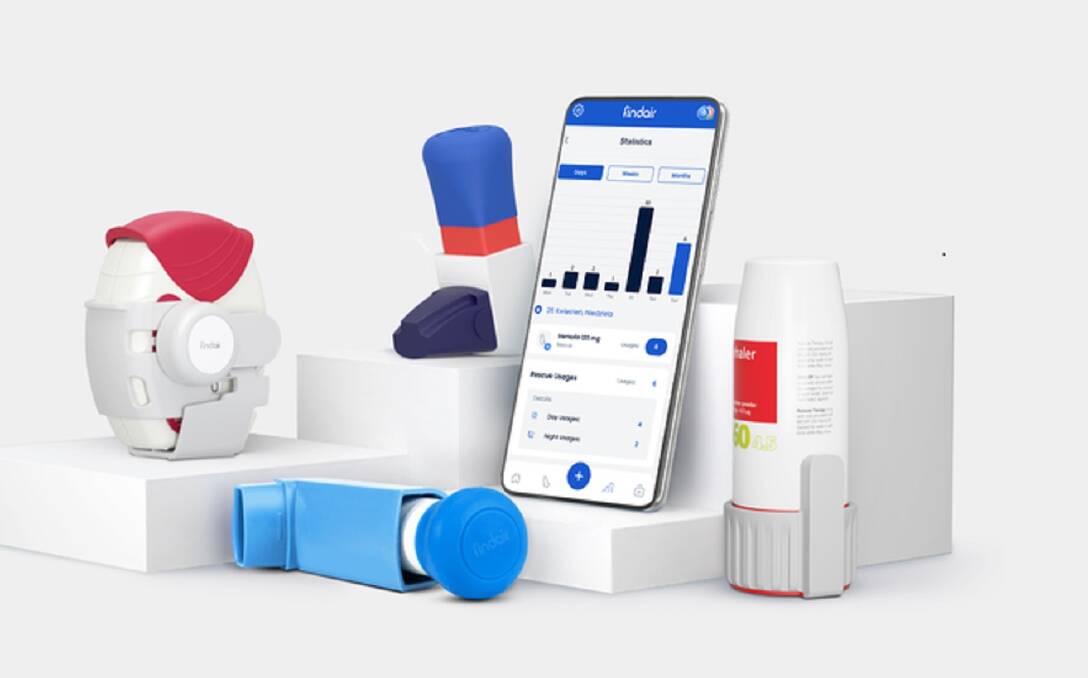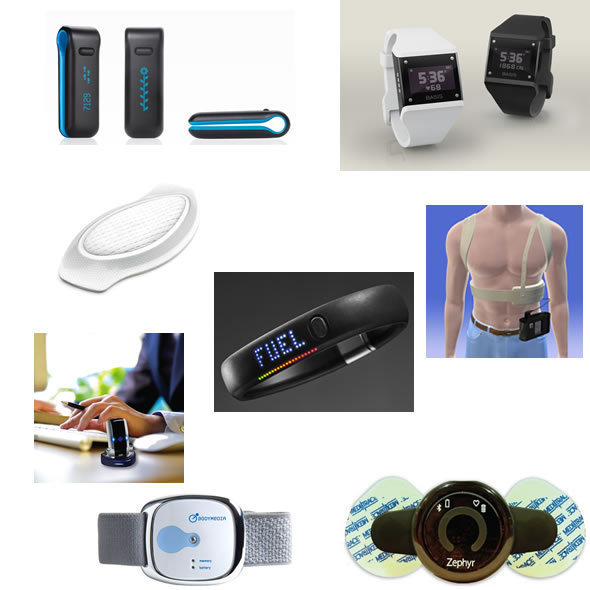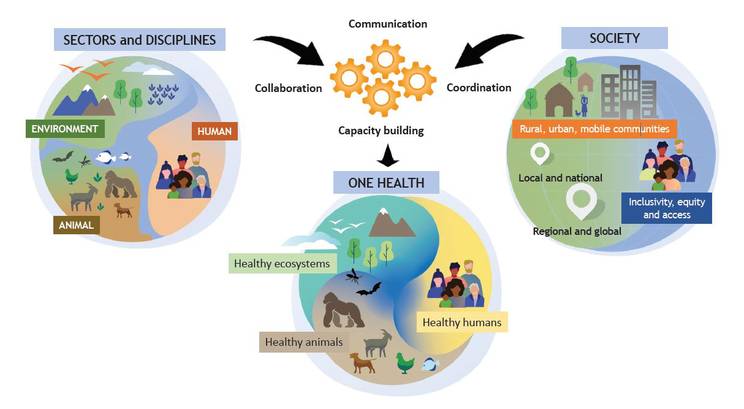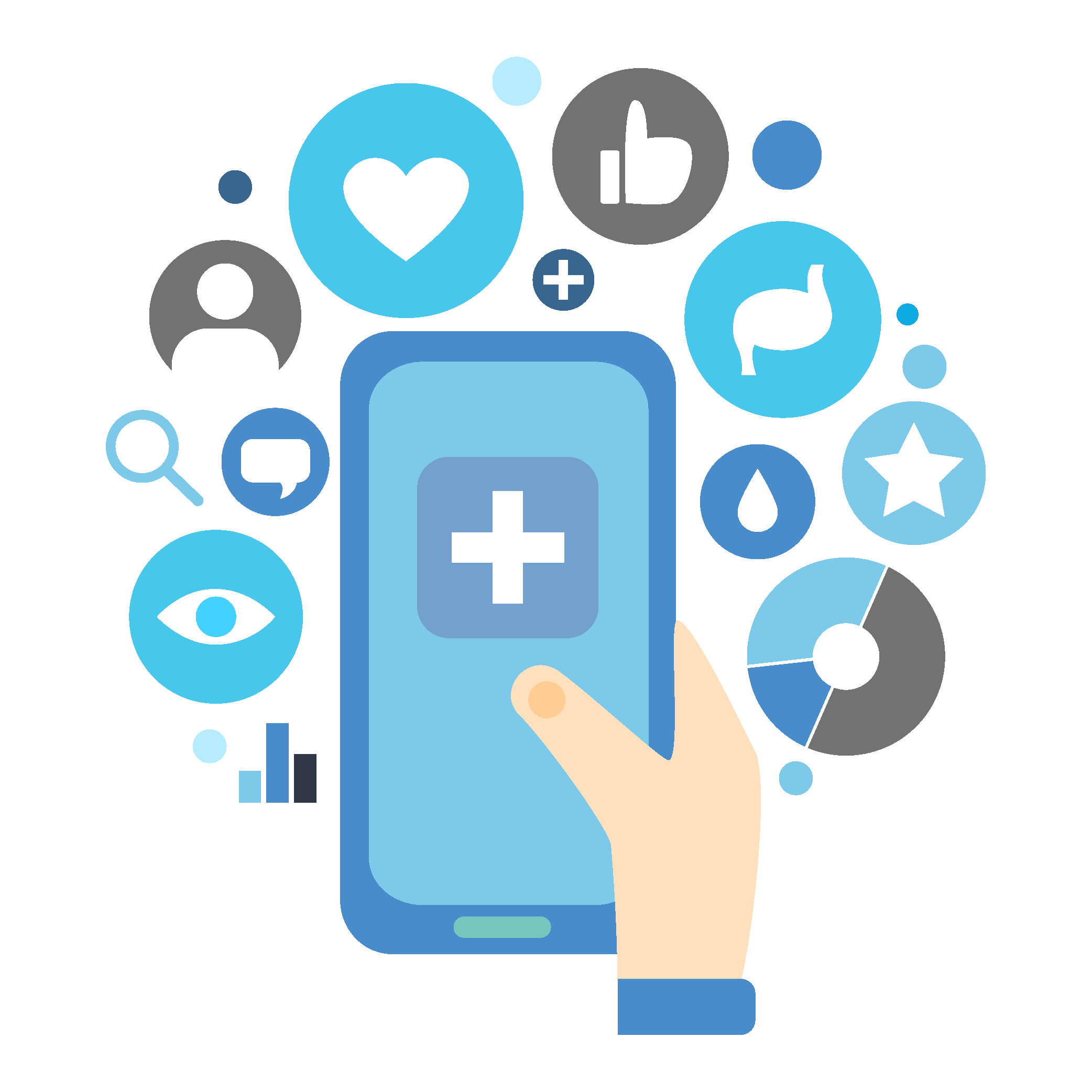
Innovative Respiratory Care: The Era of Smart Inhalers

Revolutionizing Respiratory Health: The Era of Smart Inhalers
In the realm of respiratory care, a groundbreaking innovation is reshaping the way individuals manage their conditions. Smart inhalers, equipped with advanced technology, are transforming inhalation therapy into a more personalized, efficient, and data-driven experience. This article explores the multifaceted impact of smart inhalers on respiratory health.
The Evolution of Inhalation Therapy: From Conventional to Smart
Traditional inhalers have long been a cornerstone in managing respiratory conditions such as asthma and chronic obstructive pulmonary disease (COPD). However, the advent of smart inhalers introduces a paradigm shift by incorporating digital features. These devices are designed to go beyond the administration of medication, offering a holistic approach to respiratory care through data collection and analysis.
Real-Time Monitoring: Empowering Patients with Data
One of the key advantages of smart inhalers is their ability to provide real-time monitoring of inhaler usage. Integrated sensors capture data on the timing and frequency of medication inhalation. This information is then transmitted to connected devices, allowing patients and healthcare providers to monitor adherence patterns. Real-time data empowers patients to take control of their respiratory health, fostering a more proactive and informed approach to self-management.
Personalized Medication Plans: Tailoring Treatment to



